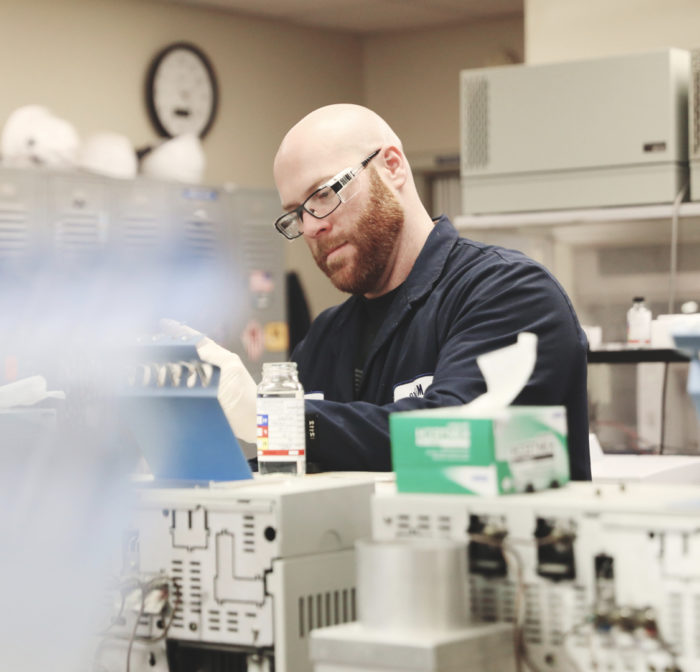Specialty chemicals are manufactured because of their performance or function. They can be single-chemical entities or formulations whose composition influences the performance and processing of the end product. Specialty chemistry produces these high-value chemicals, which are used in products vital to consumers and industry and subsequently serve a range of important markets including performance chemicals, agricultural chemicals and pharmaceuticals.
Unlike commodity chemicals which may have dozens of different applications, a specialty chemical only has one or two core applications. In the global marketplace, there is a more diverse range of specialty chemicals, while commodity chemicals make up the majority weight of product volume.
Due to their complex chemistries and narrow range of applications, specialty chemicals are typically manufactured using a batch process. This is not necessarily automated, and has a distinct beginning and end point for each batch. Commodity chemicals are generally produced using continuous processes.

© 2024 Society of Chemical Manufacturers & Affiliates. All Rights Reserved. Privacy Policy | Terms of Use